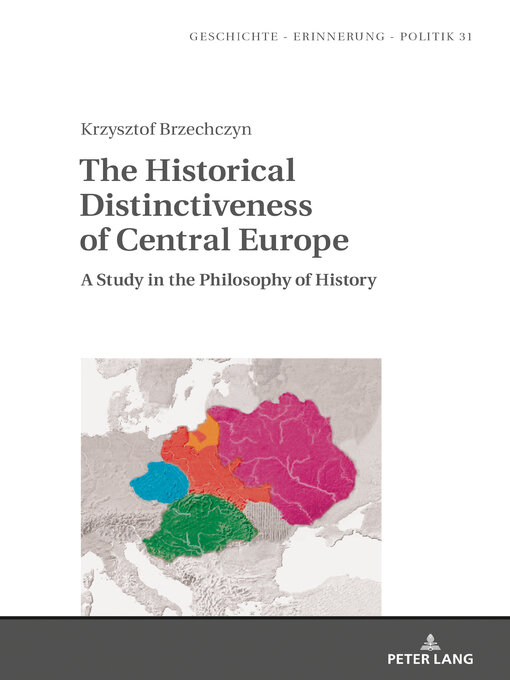The aim of this book is to explain economic dualism in the history of modern Europe. The emergence of the manorial-serf economy in the Bohemia, Poland, and Hungary in the 16th and the 17th centuries was the result of a cumulative impact of various circumstantial factors. The weakness of cities in Central Europe disturbed the social balance – so characteristic for Western-European societies – between burghers and the nobility. The political dominance of the nobility hampered the development of cities and limited the influence of burghers, paving the way to the rise of serfdom and manorial farms. These processes were accompanied by increased demand for agricultural products in Western Europe
- Available now
- New eBook additions
- Travel Guides
- Let Your Garden Grow
- New kids additions
- New teen additions
- Most popular
- Try something different
- Series Starters
- Available Now Ebooks
- Homeschool Resources
- Workbooks for K-8
- Hispanic Heritage
- See all ebooks collections
- Great Courses
- Always Available Audio Fiction
- Always Available Audio Nonfiction
- Always Available Audio Romance
- Where Have I Heard That Voice Before?
- Listening to Nature
- Pimsleur Language Learning
- Available now
- New audiobook additions
- Great Narrators
- Audiobooks for your Commute
- Listen While You Work
- New kids additions
- See all audiobooks collections
